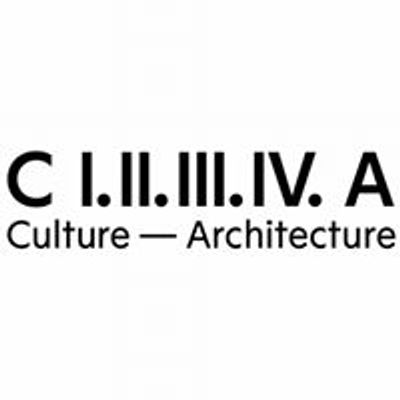TALK | Laurent De Sutter - Archè and Anarchè
Schedule
Tue Nov 19 2024 at 07:00 pm
UTC+01:00Location
Rue de l'Ermitage 55 Kluisstraat, 1050 Brussels, Belgium | Ixelles, BU

Advertisement
FR - Archè and AnarchèOn the Prehistory of Architectural Police
Pourquoi est-ce que l’architecture a été nommée architecture ? Pourquoi créer une pratique dont le coeur est l’archè ? Répondre à ces questions demande de faire de grands détours historiques pour comprendre les liens qui existent entre les gouvernements, la construction, la philosophie, la cosmologie et le besoin humain de fondement – pour ce que Martin Heidegger appelait "Grund".
Dans cette présentation, l’émergence de l’architecture en tant que pratique sera liée à l’émergence de la ville comme un lieu de pouvoir, dont l’existence requiert une définition qui répond à ses besoins. C’est, en grande partie, cette définition que l’architecture contemporaine continue d’appliquer – avec des effets dramatiques. Quelle est cette défintion ? Précisément celle du monde comme architectonique - comme fondé sur l'archè, les bases, les fondements, les principes à respecter. Que serait alors une pratique anarchique de l'architecture - une pratique de l'architecture sans archè ?
NL - Archè and Anarchè
On the Prehistory of Architectural Police
Waarom wordt architectuur, ‘architectuur’ genoemd? Waarom de behoefte om een praktijk te creëren die archè centraal stelt? Het beantwoorden van deze vraag vereist een lange historische reis om de verbanden te begrijpen tussen bestuur, bouw, filosofie, kosmologie en de menselijke behoefte aan grond - wat Martin Heidegger ooit “Grund” noemde.
In deze lezing wordt de opkomst van architectuur als praktijk rechtstreeks in verband gebracht met de opkomst van de stad als machtsplaats, die voor haar bestaan een definitie van de wereld nodig heeft die bij haar behoeften past. Het is deze historische definitie die de hedendaagse architectuur in grote mate blijft toepassen - met de meest onverwachte gevolgen. Welke definitie? Die van de wereld als architectonisch - als gebaseerd op archè, gronden, fundamenten, principes waaraan gehoorzaamd moet worden. Wat zou dan een anarchistische architectuurpraktijk zijn - een architectuurpraktijk zonder archè?
EN - Archè and Anarchè
On the Prehistory of Architectural Police
Why has architecture being called architecture? Why the need to create a practice that would put archè at its core? Answering this question requires a long historical detour in order to understand the links existing between government, construction, philosophy, cosmology and the human need for ground - for what Martin Heidegger once called "Grund".
In this talk, then, the emergence of architecture as a practice will be directly linked with the emergence of the city as a place of power whose existence requires a definition of the world that fits its needs. It is this antique definition that contemporary architecture, to a large extent, continues to implement - with the most dramatic effects. What is this definition? Precisely the one of the world as architectonic - as based on archè, grounds, foundations, principles to be obeyed. What, then, would be an anarchic practice of architecture - a practice of architecture without archè?
FREE EVENT
More info & tickets : civa.brussels
She Who Saw the Deep (still), 2022
© Anton Vidokle and Pelin Tan, Gilgamesh
Advertisement
Where is it happening?
Rue de l'Ermitage 55 Kluisstraat, 1050 Brussels, Belgium, Kluisstraat 55, 1050 Elsene, België,Ixelles, BelgiumEvent Location & Nearby Stays:













